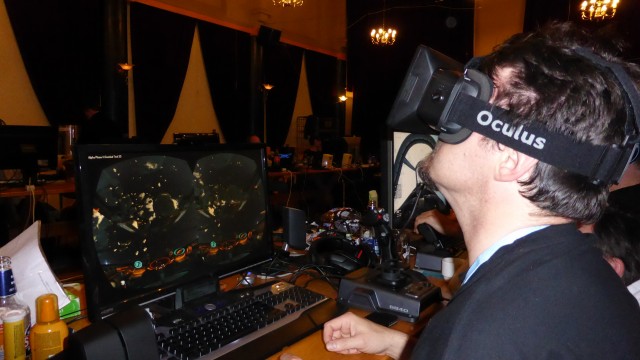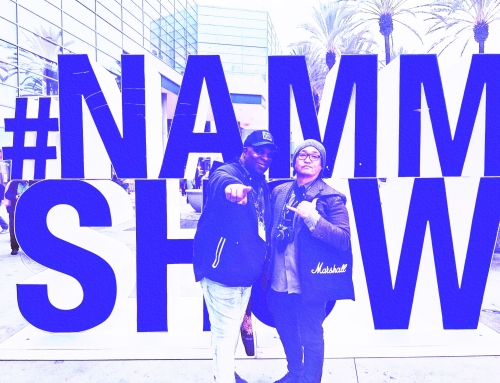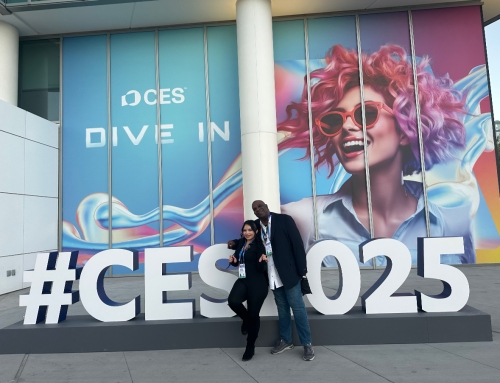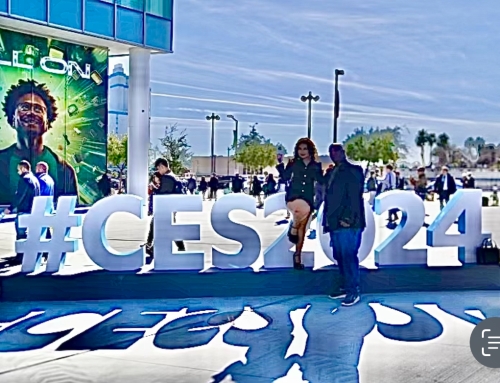Oculus Rift, a virtual reality (VR) headset developed and manufactured by Oculus VR, removed an equipment check from its software in its recent update. This new update, called runtime 1.5, makes it possible for anyone who does not have an Oculus Rift headset to be able to play the company’s virtual reality games. Prior to the update, Oculus Rift would check to see if gamers were using the company’s manufactured headsets before allowing users to play games manufactured by Oculus. Now, virtual reality enthusiasts can play Oculus’ games with headsets from other companies.
Oculus Rift originally had the headset check in place so competing virtual reality headsets like HTC Vive, a headset developed by HTC released in April 2016, could not be used with Oculus’ games. The headset check allowed the company to create an exclusive environment, forcing Oculus’ games to only work specifically with their equipment.
The Oculus Rift headset check was introduced in May 2016 and required the company’s headsets to be connected to a computer for the game to be launched. The decision to use this check was controversial, reported “The Verge”, and now Oculus has confirmed the removal of the headset check from their Oculus Rift software, noting that the company will no longer enforce these checks anytime shortly.
Oculus Rift removed the headset check from its software because many fans did not appreciate their practices. According to “Forbes,” the difference between PlayStation VR, Oculus Rift, and Vive is that Playstation VR runs only on PS4, while Rift and Vive run strictly on PCs. Many gamers believe the platforms should not be excluded by their headsets.
Oculus’ goal was to create a platform by restricting its software to run on its own headset. According to “Forbes,” fans believed Oculus was unfair to its consumers by creating these restrictions. However, fans do not want to have to choose between Vive vs. Oculus like they do with Xbox vs. Playstation.
History of Oculus
Oculus Rift was created by, then 17-year-old, Palmer Lucky inside his parent’s garage in Long Beach, California. According to “Vanity Fair,” when Facebook creator Mark Zuckerberg tried on the headsets for the first time he knew this was the future for virtual reality games. Although the headset did not look like much, in its beta phase, Lucky took it to the crowdfunding platform, Kickstarter, and raised $2.4 million dollars and four years later, in 2015, it was being checked out by Zuckerberg.
Zuckerberg had just celebrated his 10 year Facebook anniversary and 30th birthday and according to “Forbes,” was thinking about what was next for the future of technology. He knew the answer would be a headset that allowed explosive 3-D experiences. Now Oculus Rift is here, purchased by Zuckerberg for $2 billion.
Oculus Rift is not the first virtual reality headset to hit the market, but it is, currently, the most reasonably priced. According to “Vanity Fair,” the headset and computer that comes along with it cost around $1500.
Possible Updates In The Near Future
Virtual reality headsets like Oculus Rift’s thrive on the thrill that forces the user into another world, whether they are experiencing climbing Mount Everest or being chased by a T-Rex. Zuckerberg sees a future for Oculus Rift that combines education, communication, and entertainment inside the virtual worlds of the headset. “Cnet” reported that Zuckerberg believes in the near future, VR will be as simple as taking a picture, just that–simple.
The virtual world will allow one to share their most treasured moments with loved ones. He expects the virtual world will capture moments with 360 degree cameras that will have recording capabilities so owners will be able to relive moments from their lives and share it with someone else.
According to “Cnet,” Zuckerberg expects this virtual reality to become true, however, Zuckerberg states that it has taken decades to get technology to where it is now and although it could take a while he is willing to wait.
By Angela Rightout
Edited by Jeanette Smith
Sources:
Forbes: Oculus Removes Controversial Headset Check DRM Potentially Changing Exclusivity Stance
PC News: Oculus Rift Removes Check From Software
Vanity Fair: Theory Of Oculus Rift
CNET: Oculus VR Goggles Could Change The Future. Or Not
Photo Courtesy of Jeroen van Luin’s Flickr Page – Creative Commons License







